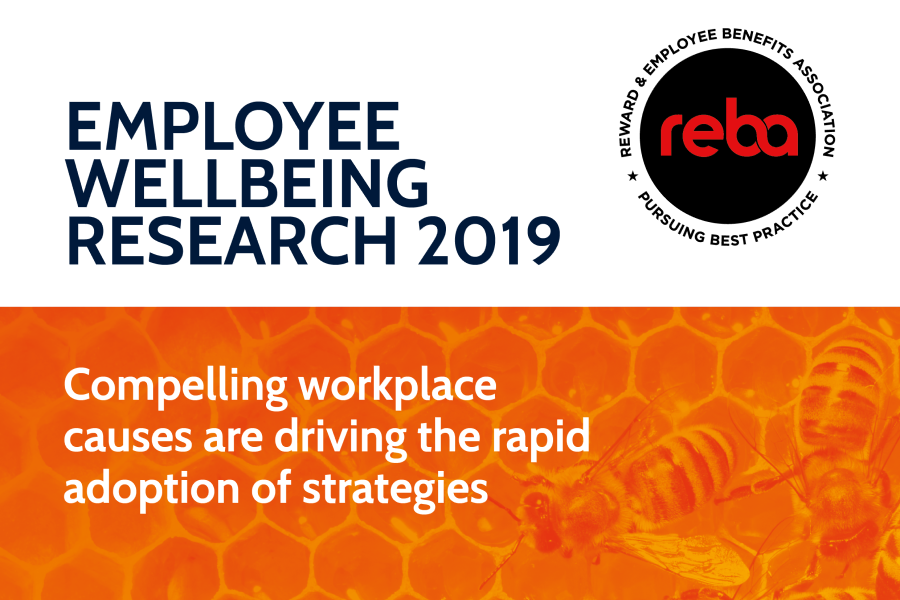Workplace wellbeing: there’s the will, the way but not the means

To us, three overarching themes emerge in this year’s results: there is strong board level support for wellbeing, digital and data adoption continues its rapid growth, however budgets and people resources are holding employers back.
Looking at our first theme, the will is there at board level. Many C-suite directors recognise that the workplaces of today are highly pressurised and often stressful (or as recruitment adverts like to gloss it up, fast-paced) which takes its toll on workforces. Almost three quarters of our respondents say high pressure and high intensity environments are a problem for their organisation. That leads to staff churn, lower productivity, poor motivation and engagement as well as both mental and physical harm. The problem will only be dealt with by a change of culture led from the top and through all managers, with team leaders demonstrating healthy behaviours of leaving work on time, being seen to take proper breaks, managing teams fairly and with respect, as well as linking wellbeing to personal development training and performance reviews.
Business leaders are now far more aware that people work better if they have autonomy, a sense of purpose and achievement. CEOs are under more pressure from their shareholders to make the fundamental changes needed to improve wellbeing in their workforces as a key way to create long-term sustainable businesses filled with productive employees.
Our second theme relates to ‘the way’. Technology and data form a two-way channel that can be used to both deliver wellbeing more effectively as well as capture insights to improve and tailor offerings. That, in turn, justifies more investment in wellbeing resources. Use of apps and virtual GP services have tripled since our 2016 survey, with roughly a third of our respondents now offering these to staff. Those holding the purse strings at the top of business often ask for return on investment data before approving bigger budgets, and the anonymised data from these devices can be an important part of an HR report to its board.
But there is a way to go yet, as our third outstanding fact shows us: employers may have the will and the way, but they often do not yet have the means. Despite the improvements in data capture that we’ve detailed above, metrics and reporting are still apparently thin on the ground across all our respondents. Among those without a strategy in place, almost half report lack of in-house expertise and funding as a barrier.
We have clearly seen tremendous strides over recent years and expect these to continue based on this research.
As always, we would like to extend a very big thank you to all our respondents to this year's Employee Wellbeing Research. Without so many employers taking part we would not be able to present such robust results on what is happening in our market today and over the coming 12 to 24 months.
We would also like to thank our sponsors, Axa PPP healthcare. Their passion for the topic has enabled us to continue to build on this valuable annual survey report.
The authors are Debi O’Donovan and Phil Hayne, Directors of REBA.
Existing Professional Members should log in to get the Employee Wellbeing Research free. If you're not yet a Professional Member, you can apply now.






